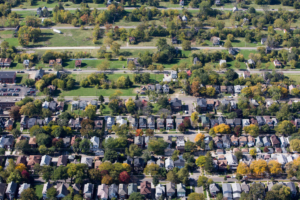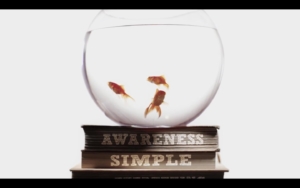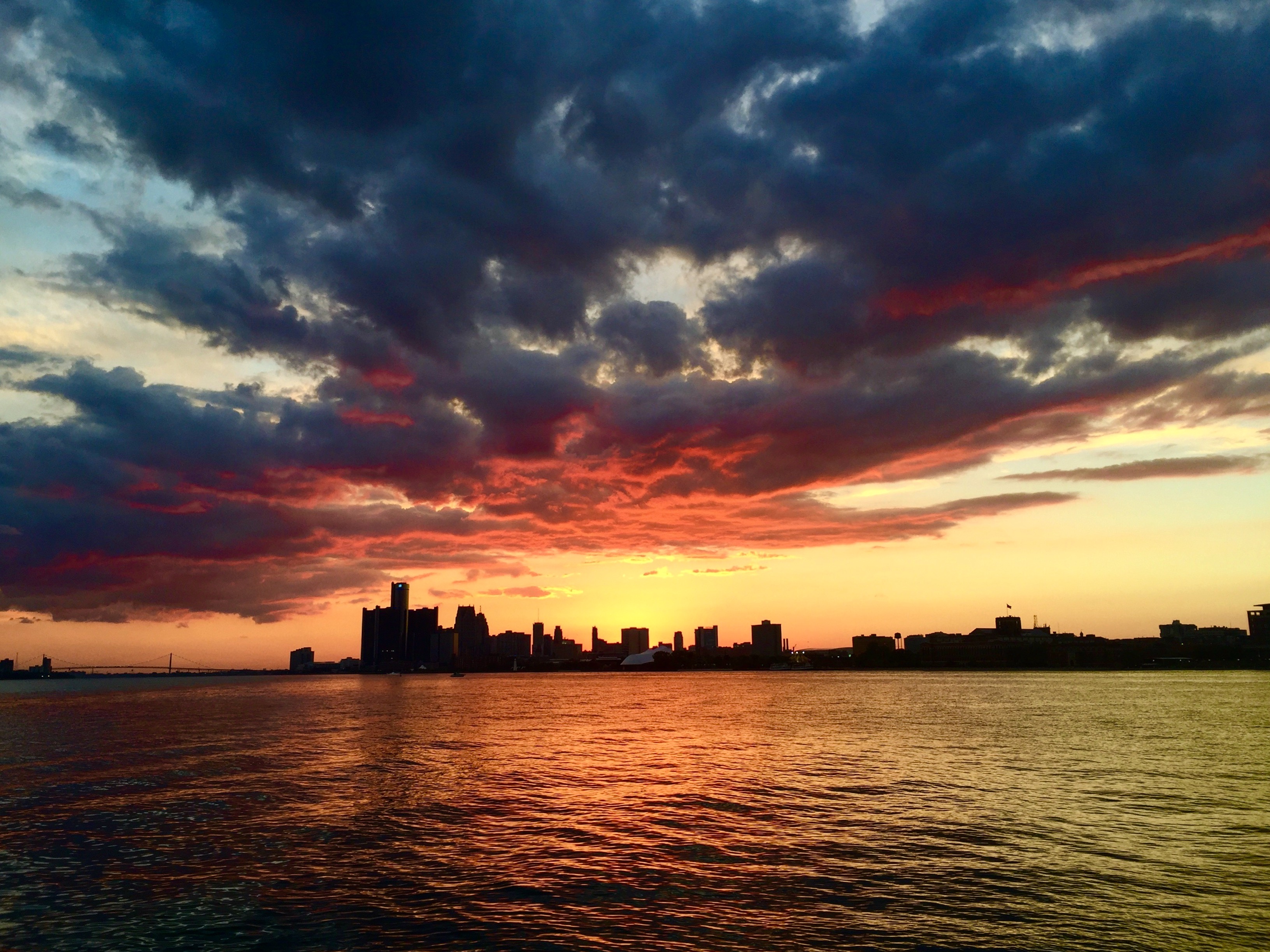“There are these two young fish swimming along, and they happen to meet an older fish swimming the other way, who nods at them and says, “Morning, boys, how’s the water?” And the two young fish swim on for a bit, and then eventually one of them looks over at the other and goes, “What the hell is water?” – This is Water, David Foster Wallace
Newly minted readers: I’ve got a confession. I have started, restarted, and rewritten 4-5 blogs in my lifetime that have never seen daylight. Till now, I’ve never quite had enough of a focused topic to write about, nor the gall/audacity/courage to actually speak and share these thoughts with the world. In fact, to date, I’ve written a blog on hiking, Pistons basketball, teaching, and various conglomerations of all of the above. We’re talking maybe 20 or so articles of various lengths, legibility, and coherence just stored away on my computer’s hard drive, all never to see anyone’s eyes other than my own. But, alas, in the illustrious words of one of our presenters in the past month, Detroiters are “about that action, boss”. Time to act the part.
For the most part, this blog will be a tool to chart my input as I ideate on the city of Detroit’s future. That’s code for “this will feature ramblings on Detroit’s rebirth (or revitalization or whatever technical term you’d like to refer to the phenomenal things happening with the city as).
But enough with intros. Coming to you as an English Major, I can’t help but turn to a favorite text when I consider Detroit, particularly how I want to interact with the city as a Challenge Detroit Fellow for the upcoming year.
“This is Water”, David Foster Wallace’s now infamous Graduation Speech given to the 2005 class of Kenyon college, articulates the need for an empathetic approach to living. Foster Wallace asserts that “The only thing that’s capital-T True is that you get to decide” – that is, decide “How to keep from going through your comfortable, prosperous, respectable adult life dead, unconscious, a slave to your head and to your natural default-setting of being uniquely, completely, imperially alone, day in and day out”.
Now, this may seem rather morbid – and for those of you familiar with DFW’s writing, his trademark witticisms often are. After all, he’s essentially calling the majority of adults slaves to their systematic abuse by the work to live cycle. Yet, note that he gives readers an option – in fact, if you read through the entirety of the speech, everything is about this option. According to Wallace, we (Detroit) have a decision.

Tension: Alter Road marks the line between Detroit and Grosse Pointe.
Rewind. Challenge Detroit asks fellows to approach Detroit from a “seat of empathy”, as I like to think of it. That is, our goal should always be to never act without first sitting down in some sort of proverbial chair and listening first. As DFW notes, empathetic living marks a turning point in which a person decides to promote outward compassion and companionship with those around you rather than being “pissed and miserable” just about all the time.
Feel free to make your own comparisons, but I see much of Detroiters’ narratives being shaped in similar fashion. Detroit will be driven by its builders’ willingness to engage with those around them, listening for the underlying, sometimes unspoken feelings motivating the actions of the city’s residents and prospective relocaters alike. Gentrification vs. Inclusive Development. Detroiter vs. Outsider. Environmental Racism, symptoms of poverty, or some combo of the above? These are just a few of the tensions that I’ve seen, felt, and reflected upon with other CD Fellows.
As I begin my year in the city, I’ll strive to come from a place of self-awareness. a place that is “so hidden in plain sight all around us, that we have to keep reminding ourselves, over and over: ‘”This is water, this is water.’”
“so hidden in plain sight all around us, that we have to keep reminding ourselves, over and over: ‘”This is water, this is water.’”

